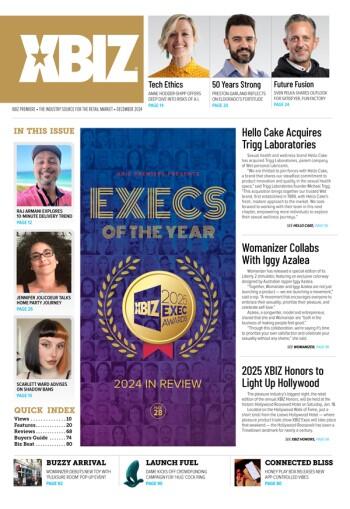Video and music encoded using DRM from places like Napster and Yahoo are supposedly easily cracked with the Windows program, and all you need to do is drag and drop the DRM-encoded files and it strips them out.
I have been tracking the DRM cracking stories for a while and the tools previously out were a little bit more involved. The screen shots for FairUseWM show it to be very simple to crack.
Microsoft responded by patching DRM and then the FairUse4WM guys came out with a new version. You can track latest stories about FairUse4MM on this blog (https://www.technorati.com/tags/FairUse4WM).
Note, using this software that you find from the Internet is reverse-engineering DRM and can get you into hot legal waters with Microsoft and law enforcement… it’s no different than a five-finger discount from a CD/DVD store.
The implications of this software are huge. Companies who thought that their content was safe using DRM and released their content digitally are now finding that DRM is a problem.
Many paysites got rid of DRM-encoded files because their members were complaining that the videos had stopped working after the member had quit.
Paysite-review websites have also started to track which paysites are using DRM, so the consumers are getting more savvy.
DRM is a good thing, if used correctly. When a member cancels, don’t just cancel the license, let it run for 6,9,12 months (i.e. silent license). Each time they play the video, you get a log file hit that lets you know which member played what video. This allows you to track some marketing statistics on what cancelled members are watching.
With DRM, you can pop open a web page when they view the video to let them know to re-join and take advantage of some welcome back offer, etc.
With consumers shying away from DRM-encoded files, there is still another option, encode files in Quicktime .MOV format, where you can pop a web window at the end of the video.
This allows you to have the same type of marketing tracking as DRM, since each web page loaded shows up in your log file, and a chance for the member to come back. It might be annoying to the member that the web page pops each time after the video playing, but it is another option.
At some point, I believe that content owners will have to embrace the best defense they can that is not cumbersome, and hope that the masses will purchase, rather than steal content.
The fact that Apples iTunes is doing so well is a perfect example that if you give people the ability to easily purchase content and fair prices, they will do so. Each one of iTunes customers could have just gone on P2P to download the songs, but instead, millions and millions of purchased singles.
Fight the cracka!









